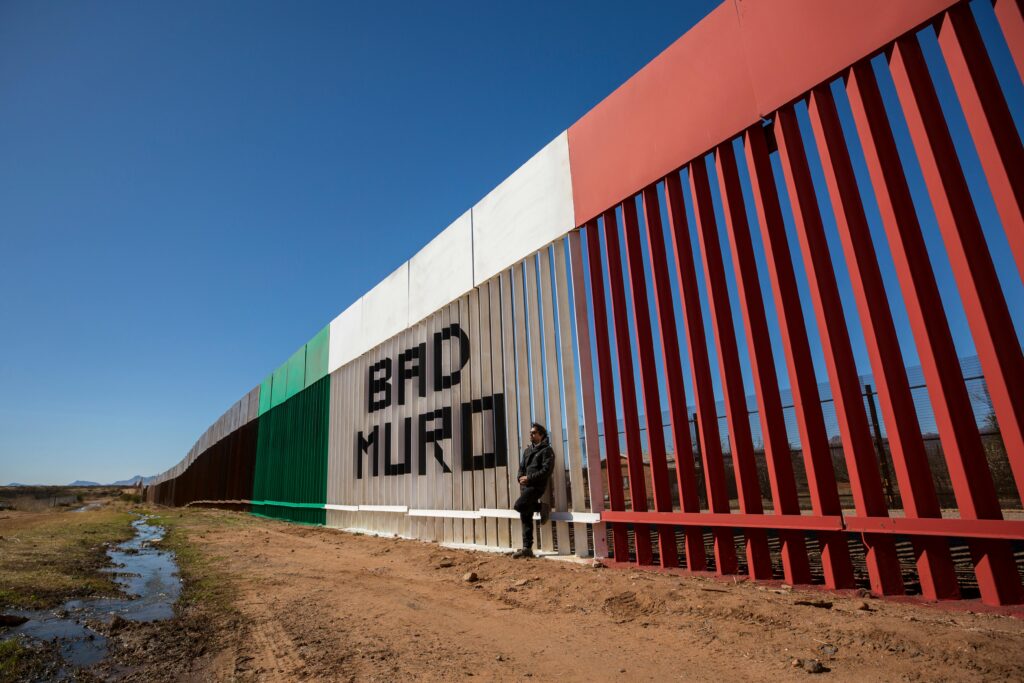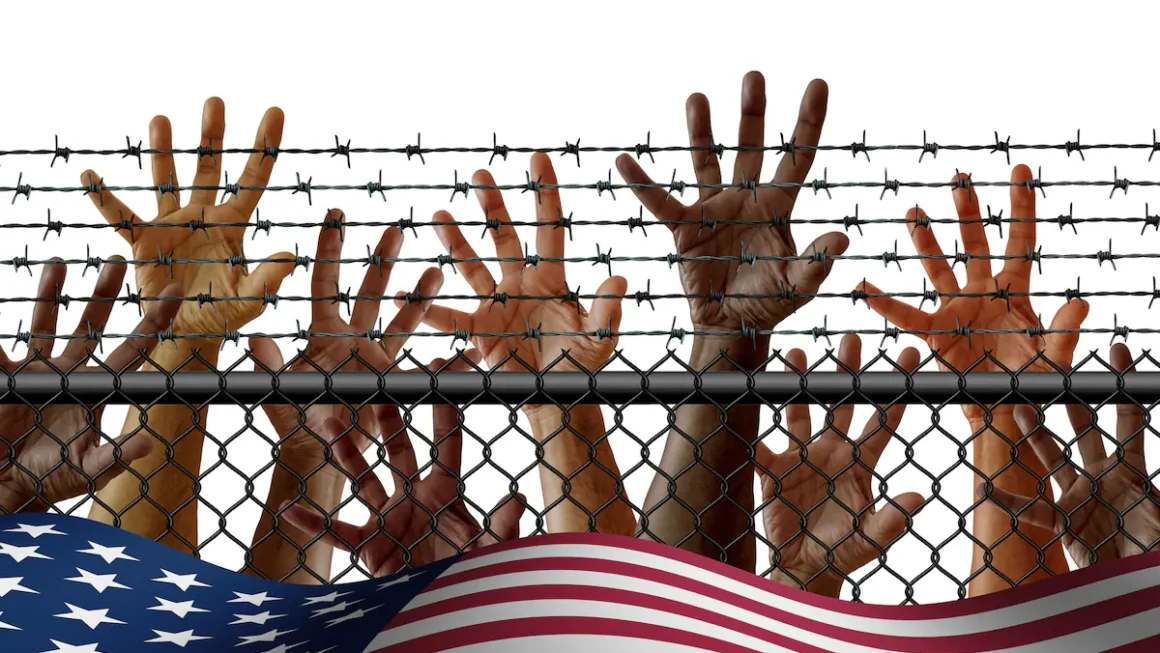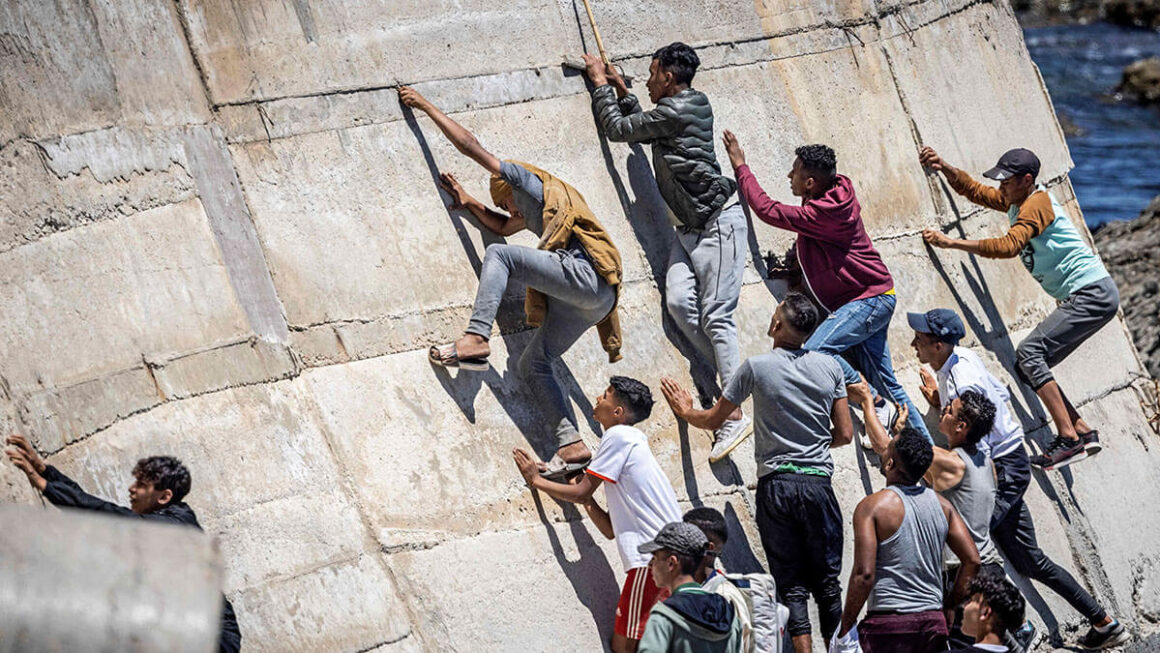
Somalia’s Issues with Illegal Immigration
For Somalia, a nation already beset by decades of violence, political unrest, and economic misery, illegal immigration is becoming a bigger problem. In addition to being a destination and a transit point for illegal migrants, Somalia has historically been a source of refugees escaping violence. Numerous significant issues are brought about by this circumstance, endangering the country’s social cohesion, economy, and security.
Security Difficulties
In Somalia, illegal immigration has increased security issues. In addition to desperate migrants, criminals and extremist organizations are able to easily travel across the nation’s weak borders. In addition to raising the danger of organized crime, terrorism, and people trafficking, this erodes national security. To further destabilize the nation, armed groups have taken use of illegal immigration routes to finance their operations, smuggle weapons, and enlist vulnerable migrants.
Financial Stress
Due to its unstable economy and high unemployment and poverty rates, Somalia finds it difficult to sustain its own people. Food, housing, healthcare, and education are among the scarce resources that are further strained by the flood of undocumented immigrants. Competition for jobs and essential services in many places exacerbates animosity between newcomers and native people, escalating social tensions and instability.
Cultural difficulties and social tensions
Social conflicts have also increased as a result of illegal immigration. Conflicts over customs, language, and religious beliefs might arise since migrants frequently come from diverse cultural origins. Clan differences and social fragmentation are already prevalent in the nation, and the influx of illegal immigrants poses a potential to exacerbate these divisions and spark fresh disputes.
Crisis of Humanitarianism
Both on their way to Somalia and after they are there, many illegal immigrants experience exploitation, abuse, and hazardous living circumstances. Migrants are the victims of extortion, forced labor, and violence by smugglers and traffickers. Furthermore, Somalia’s inadequate humanitarian infrastructure makes it difficult to deliver sufficient relief, which exacerbates public health concerns and results in congested refugee camps.
International and Regional Pressure
Somalia’s relationships with its neighbors and the international world are impacted by the problem of illegal immigration. Diplomatic ties may be strained when neighboring nations accuse Somalia of not managing migrant flows. Concerned about Somalia’s border management and human rights protection, donor nations and international organizations are linking future aid to improved immigration control measures.
Conclusion
For Somalia, illegal immigration poses a wide range of difficulties that affect social cohesiveness, economic stability, security, and humanitarian issues. Stronger border control, improved neighborly cooperation, economic development investments, and human rights observance will all be necessary to address these issues. Illegal immigration will continue to jeopardize Somalia’s already precarious road toward peace and prosperity in the absence of a comprehensive strategy.
YAHYE AHMED MOHAMED



